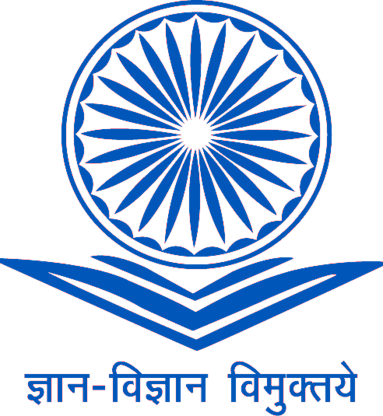National Education Policy (NEP) 2020: Challenges and Opportunities
Abstract
Education is an integral and vital part of human development. India has witnessed three education policies in 74 years of her independence. NEP 2020 is a clear departure from the traditional and structured form of education in India as formulated by its predecessors.
The new National Education Policy 2020 (NEP 2020) was developed to overcome the flaws of earlier educational strategies. The five pillars of accessibility, equity, quality, affordability, and accountability serve as its foundation. By transforming school and college education more comprehensive, flexible, interdisciplinary, adapted to 21st century demands, and focused on bringing out the unique attributes of each student, this approach aims to transform India into a thriving knowledge society and worldwide knowledge superpower. The national education policy, currently launched, focuses on India-centric education system in 2020, which will contribute to making our nation again a world guru by providing all high quality education. The National Policy on Education (NEP) 2020 recommends innovative major changes in teacher education. The goal is ambitious, but whether it genuinely fosters an all-encompassing culture will depend on how successfully it is carried out.The current paper is an attempt to examine the National Education Policy 2020 in the context of paradigm changes in terms of opportunities and challenges in the teacher education sector. The objective of this paper is to study the NEP 2020, its features and challenges of implementation of NEP 2020














